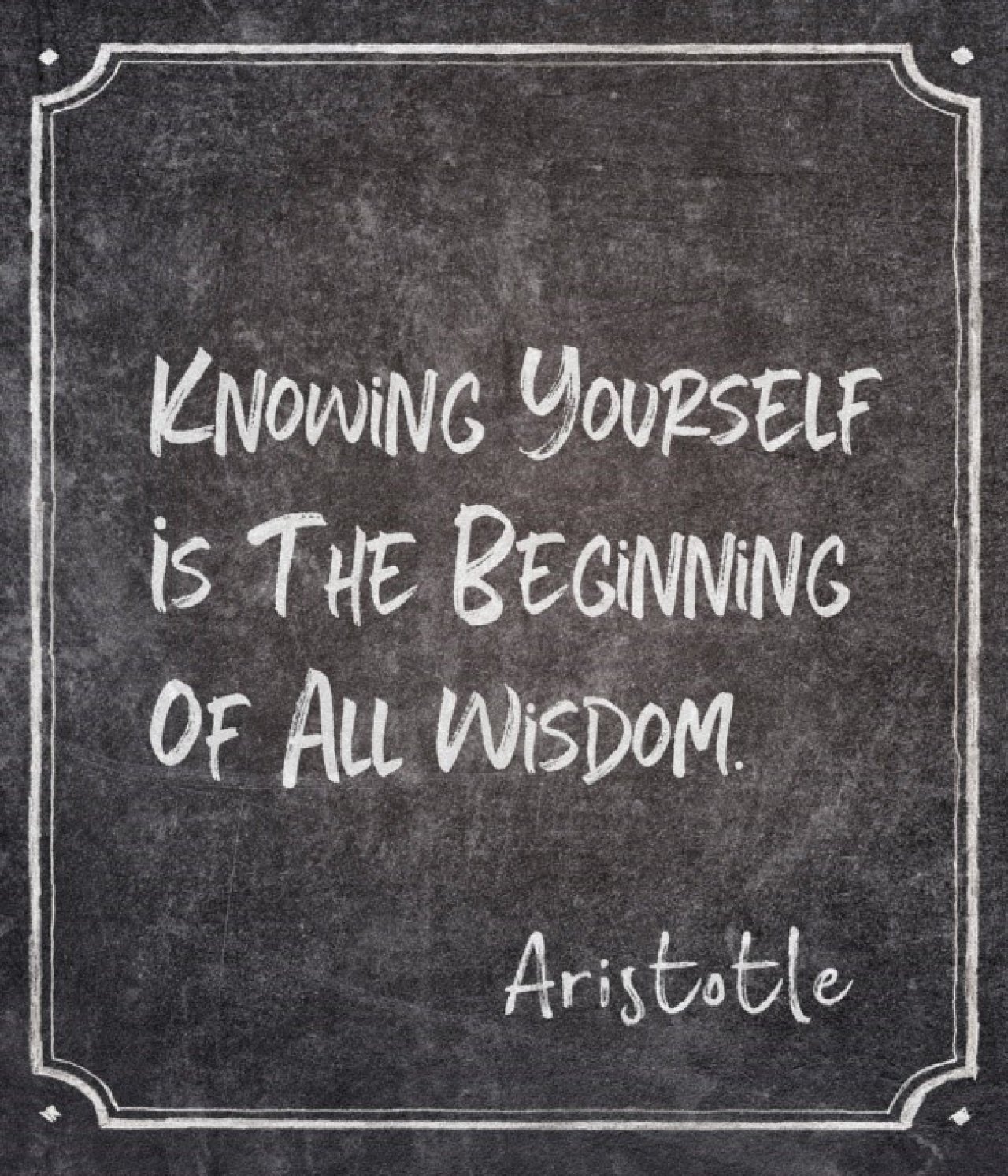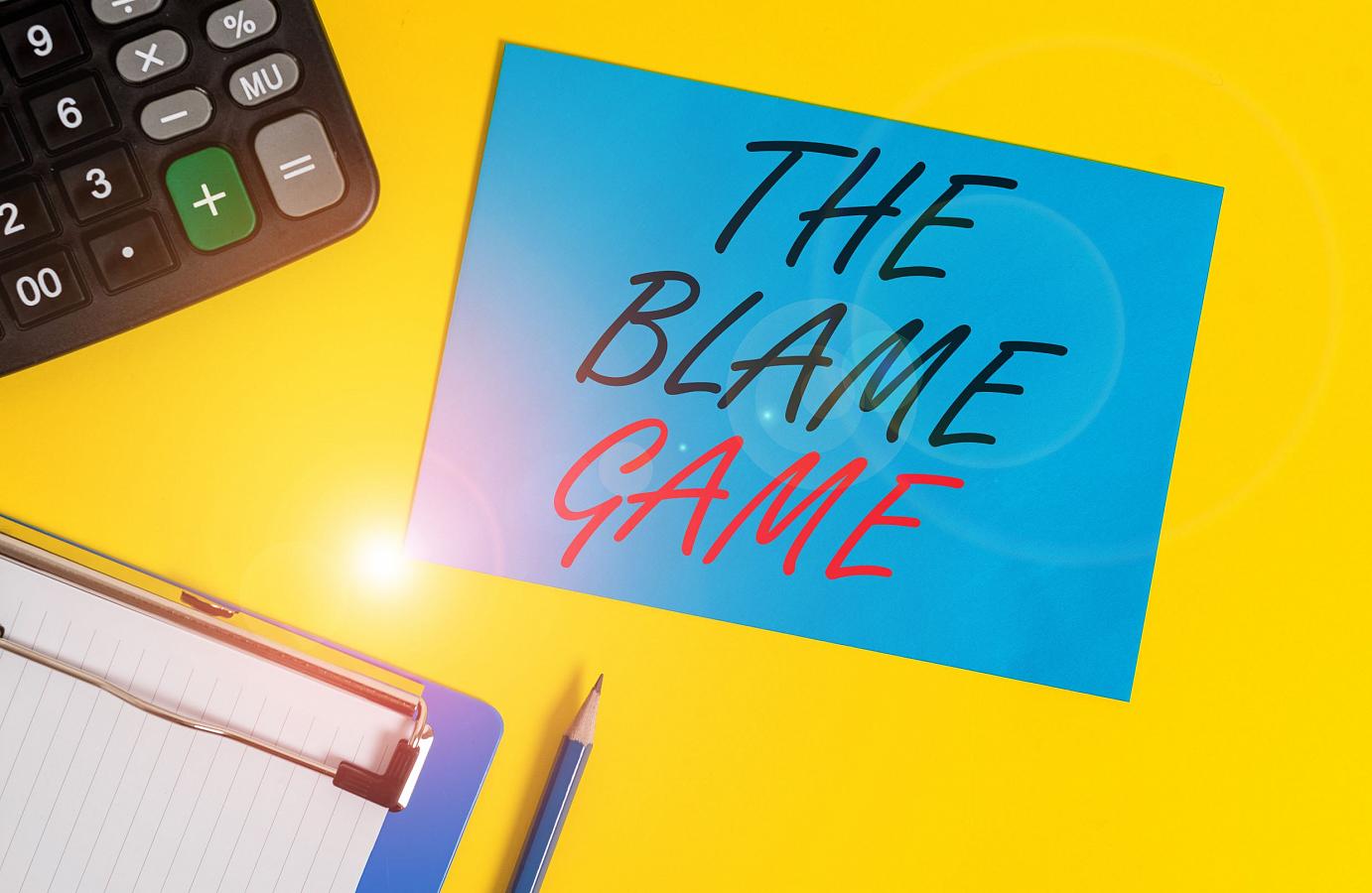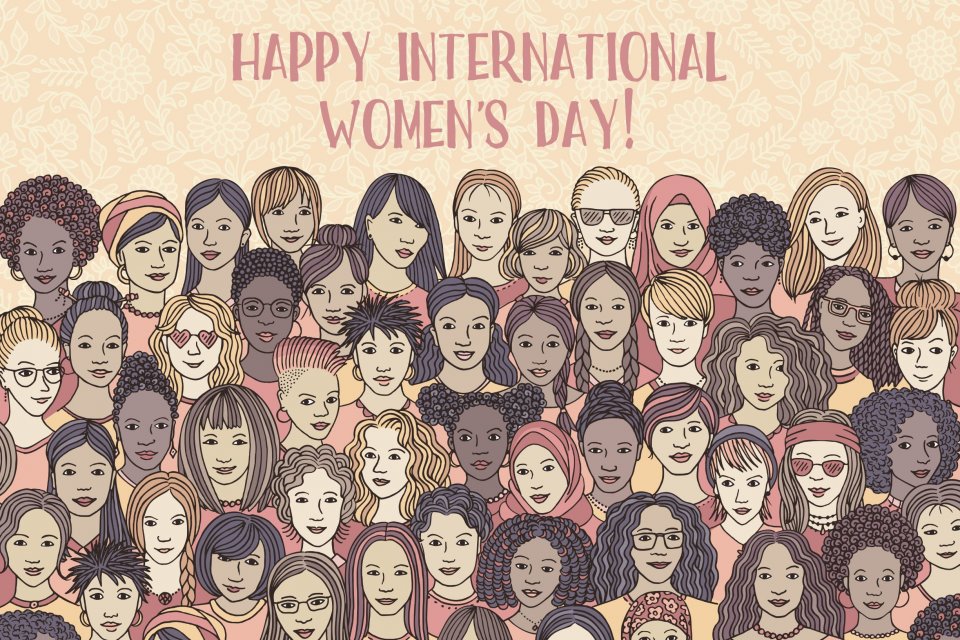
Calling All Men To Be Male Champions Of Change
There are currently a multitude of articles, interviews and conversations taking place in Australia and around the world about greater gender equality. This is a good thing because when we start talking about difficult, challenging topics it means we are thinking about it more, and therefore questioning the status quo.
Though the past four decades have seen significant generational shifts with more women entering the global workforce, we have a long way to go and much needs to be done to advance women to senior leadership roles. The promising news is that the number of women is growing, albeit it in middle management roles rather than at senior levels.
It has been no surprise that the key ways in which women in my latest book Leadership Revelations III How We Achieve the Gender Tipping Point, believe men can create gender equality at work, all have to do with merit-based recruitment and promotion, equal pay for equal work, flexibility to enable greater work/life effectiveness, and the development and sponsorship of women.
I believe two of the top five ways in which men can truly make a difference for women in their organisations are closely linked—namely, selecting people for jobs on the basis of merit, and setting equity targets for recruitment and promotion of women, linking it to executive remuneration.

An excellent starting point is to look at the recruitment and promotion practices in our organisations. Senior male leaders need to start asking questions about the possibility of systemic discrimination being present in their recruitment and promotion practices due to historical reasons. A CEO of a Fortune 50 company in the USA believes that gender diversity must be tied to talent planning and compensation in order to get any meaningful results. He said, ‘When you have a succession plan and are looking at current and future openings, you need to be intentional about how to place women in those roles. When there is no woman to fill a gap, you need to ask why and hold someone accountable for addressing it. We tie it to the performance review process. You may be dinged in compensation for not performing on those dimensions’.
Senior male leaders need to not only set equity targets for recruitment and promotion, they need to link it directly to the remuneration of the responsible executives. They also need to actively encourage women to put their hands up for roles, promotions and pay rises. Women are less likely to ask for pay rises and challenging assignments which facilitate the path to the top. This was supported in an article in the Australian Financial Review on 3 February 2015, in which the CEO of a major bank pointed out that at bonus time it was the men who queued up outside his office to make sure that they got the bonus they believed they deserved, while women simply accepted what they were given.
Many senior male leaders still believe that too many diversity initiatives, especially targets and quotas, which support women are unfair to men. If you believe that, it may be time for some attitude restructuring and a dose of reality about what it is really like for women striving for a meaningful career, fair pay and a reasonable life outside of work—something men often take for granted.

All of the women in the book talked about women being treated with respect, and the lack of respect for women in many organisations. Albert Einstein said, ‘I speak to everyone in the same way, whether he is the garbage man or the president of the university’. Lt. General Morrison said, ‘The standard you walk past is the standard you accept’. Doing nothing is as bad as doing wrong.
It is interesting comparing the differences between generations in terms of what women want men to do. Veterans and Baby Boomers who have seen and experienced much in the workplace believe that senior male leaders need to be courageous, changing the culture to be more gender-diversity friendly without being afraid of going against the flow, publically rewarding those who actively implement diversity, while taking timely, corrective action against those who discriminate against women.

Generation X want senior male leaders to simply ‘change your mindset and how you see women at work’, while Generation Ys have said, ‘Promote more women’. Generation Y expect that senior management, ‘Provide equal pay for the same roles, regardless of gender’. If you can’t do this they are almost certain to leave, going to another organisation or setting up their own businesses. Note the increasing number of young female entrepreneurs right around the globe today setting up their own business.
As a leader are you listening, and have you made room at the mahogany table for women, or are they finding themselves banging their heads on the mahogany ceiling because they are not at the table—they are simply under the table trying to be heard? Are you willing to be a champion of women?
@avrilhenry




